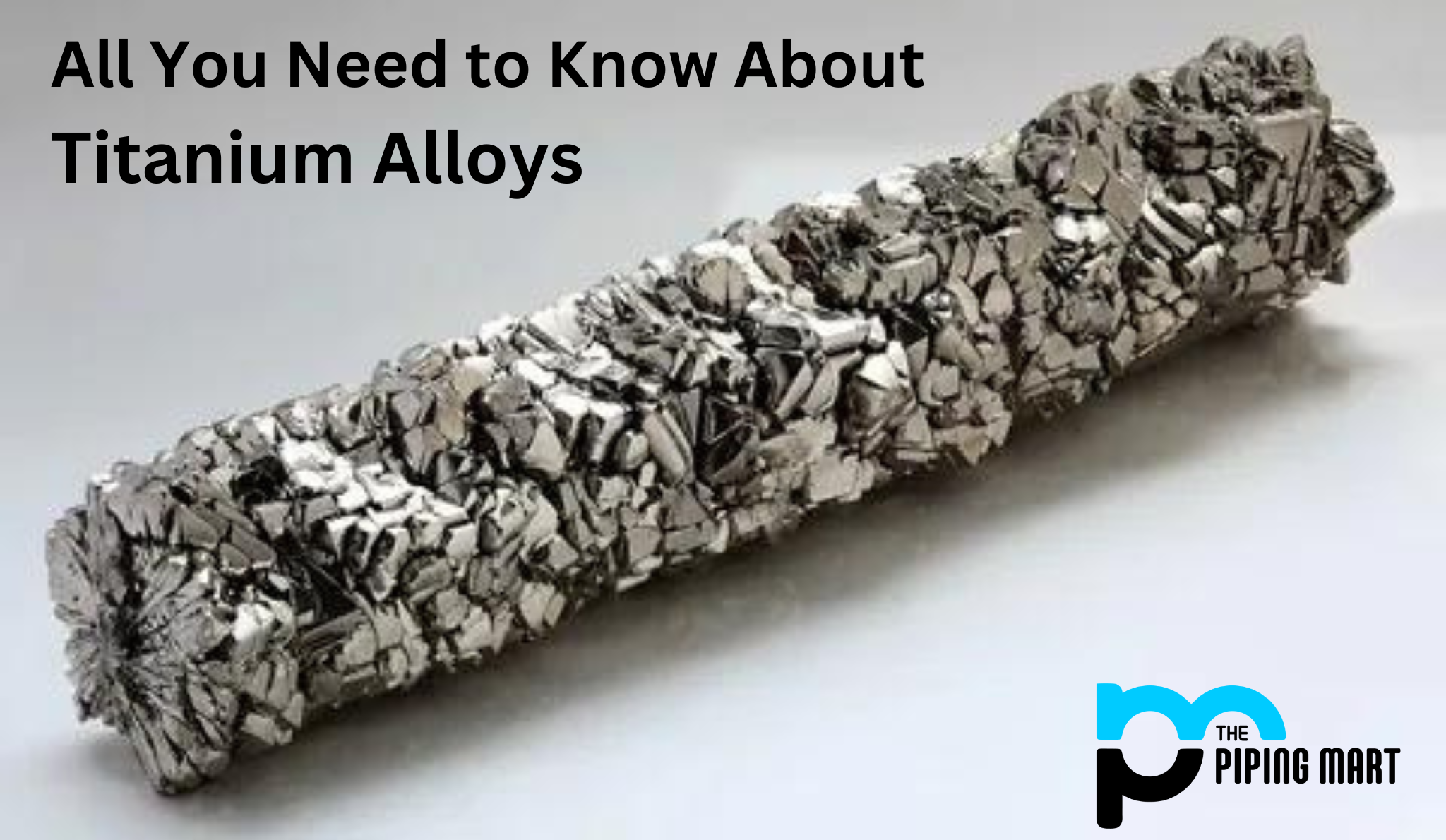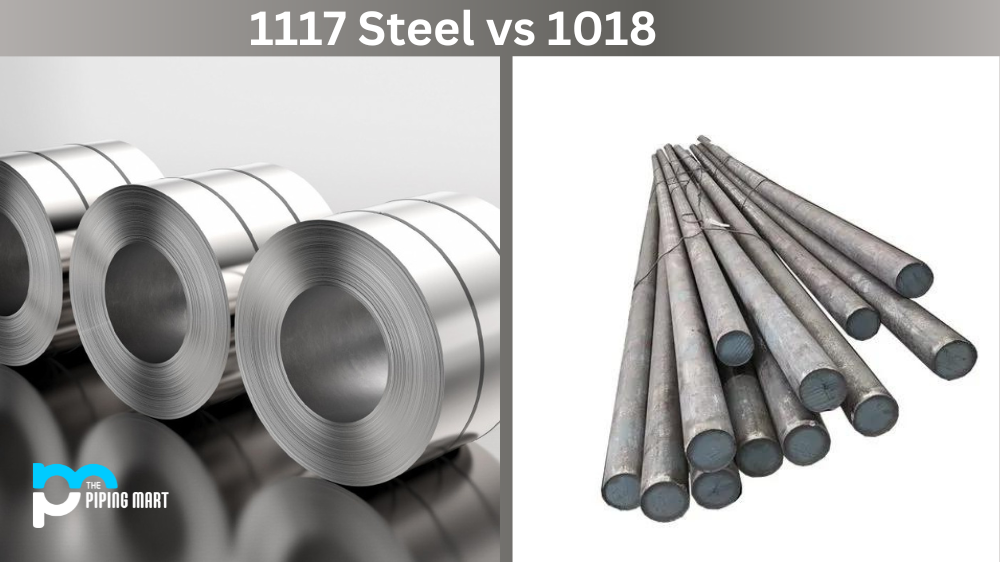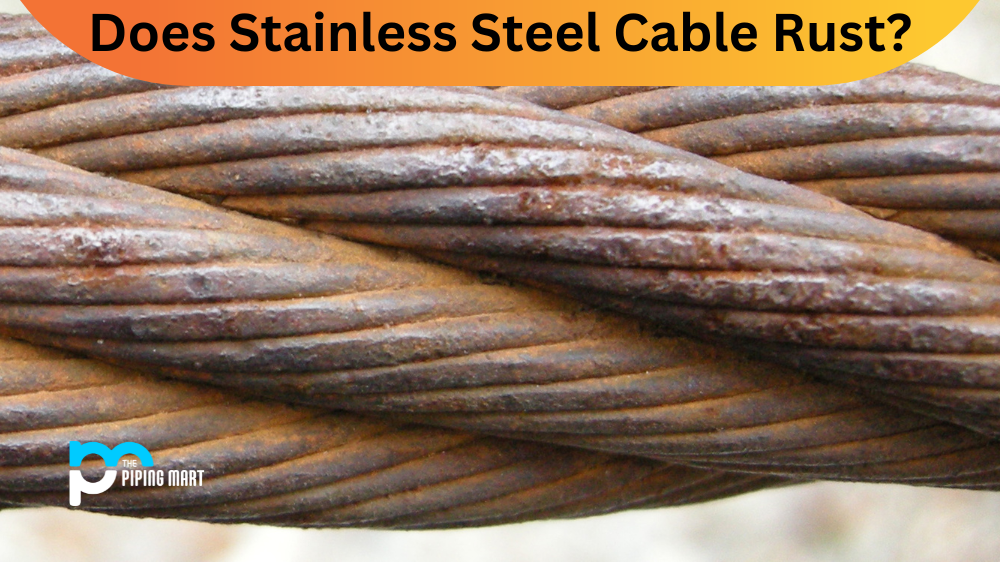When it comes to buying metal materials, various options are available. Two of the most popular choices are copper and steel. But which one should you choose? It all depends on your needs, budget, and preferences. Let’s look at the differences between copper and steel prices so you can make an informed decision.
Price
When comparing copper vs steel prices, it’s important to note that copper is usually more expensive than steel. The exact price difference will depend on the type of material you’re buying and its size and shape. However, copper is more expensive than steel due to its higher melting point and greater malleability. If you’re working with a tight budget, steel may be the better choice.
Material
It’s also important to consider the differences between copper and steel in terms of their properties. Copper is a softer metal than steel but is more ductile and resistant to corrosion. It also has a higher thermal conductivity than steel, meaning it can transfer heat more efficiently over greater distances. Steel is much harder than copper but is less ductile or corrosion-resistant. It also has lower thermal conductivity than copper but is stronger overall, making it ideal for applications where strength is needed.
Uses For Each Material
The type of material you choose will ultimately depend on what you plan to use it for. For example, if you need something that needs to be strong yet malleable—such as wire or cables—you may want to consider using copper instead of steel due to its greater ductility. On the other hand, if you need greater structural integrity—such as scaffolding or support beams—steel would be the better option due to its greater strength and durability.
Conclusion:
When deciding between copper and steel prices and properties, there is no one-size-fits-all answer; it all depends on your specific needs and preferences. Copper tends to be more expensive than steel but offers superior malleability and corrosion resistance. Steel provides greater structural integrity at a lower cost; both have advantages depending on your need. Ultimately, by understanding the differences between these metals in terms of price and properties, you can decide which one best suits your project’s requirements.

A passionate metal industry expert and blogger. With over 5 years of experience in the field, Palak brings a wealth of knowledge and insight to her writing. Whether discussing the latest trends in the metal industry or sharing tips, she is dedicated to helping others succeed in the metal industry.




